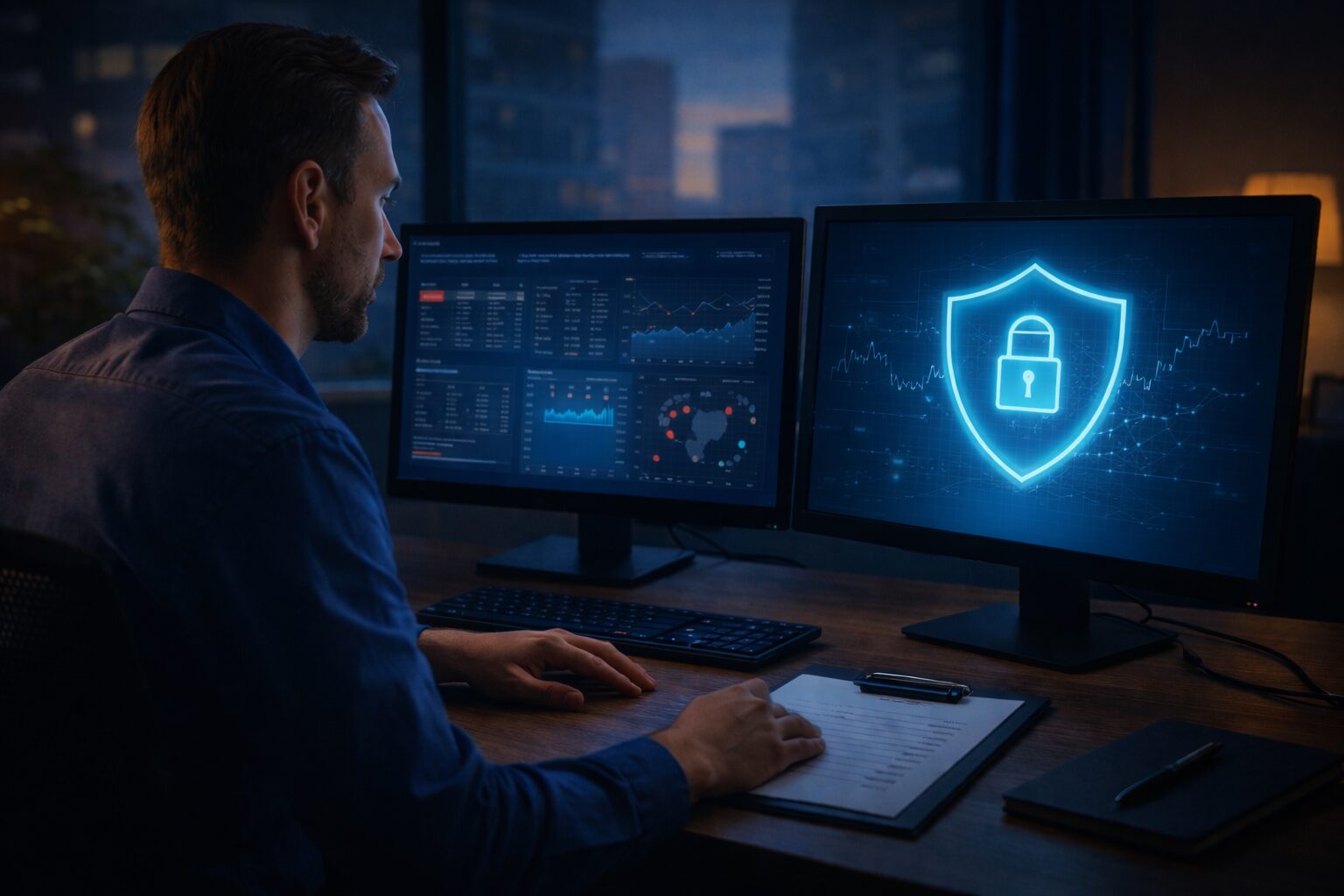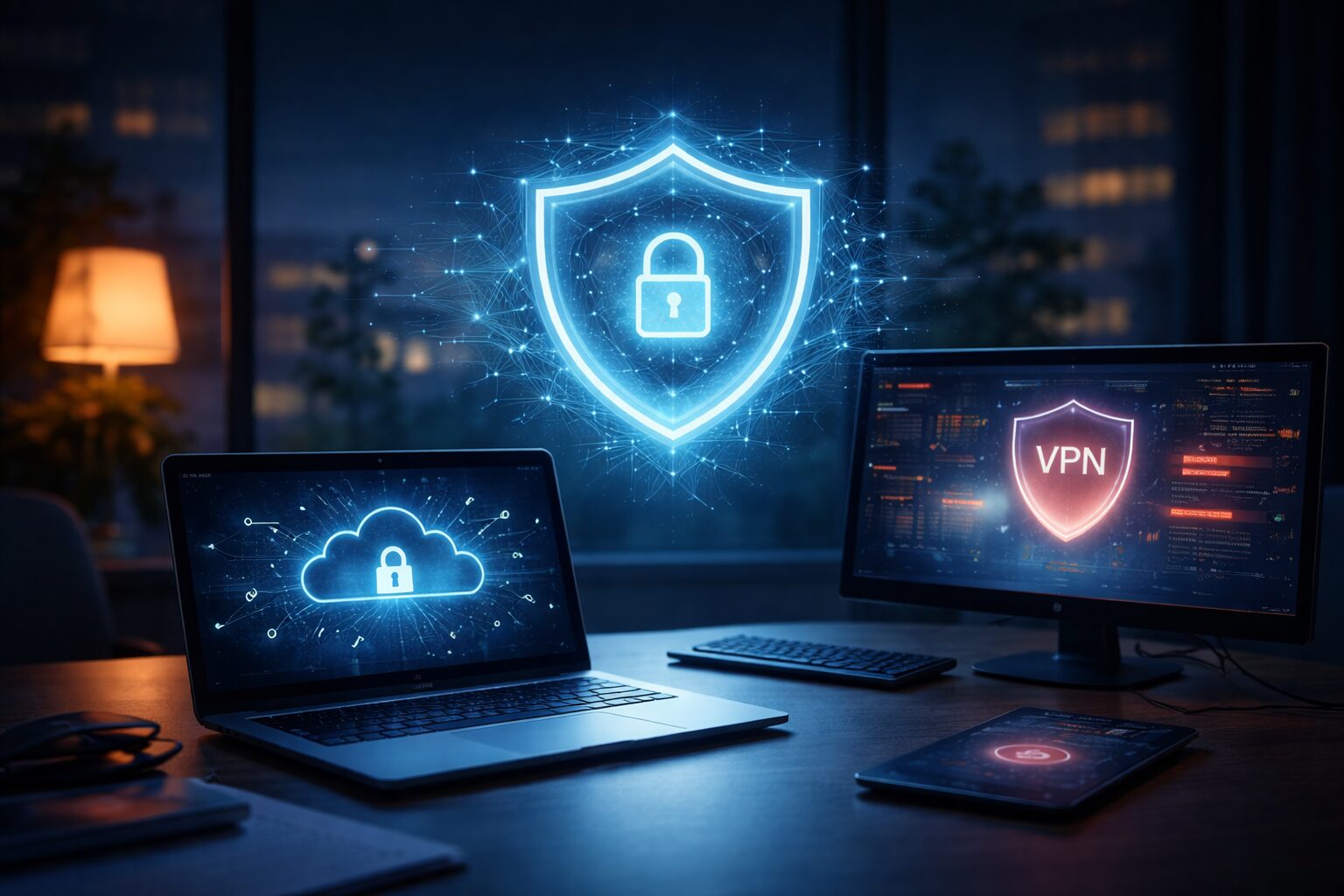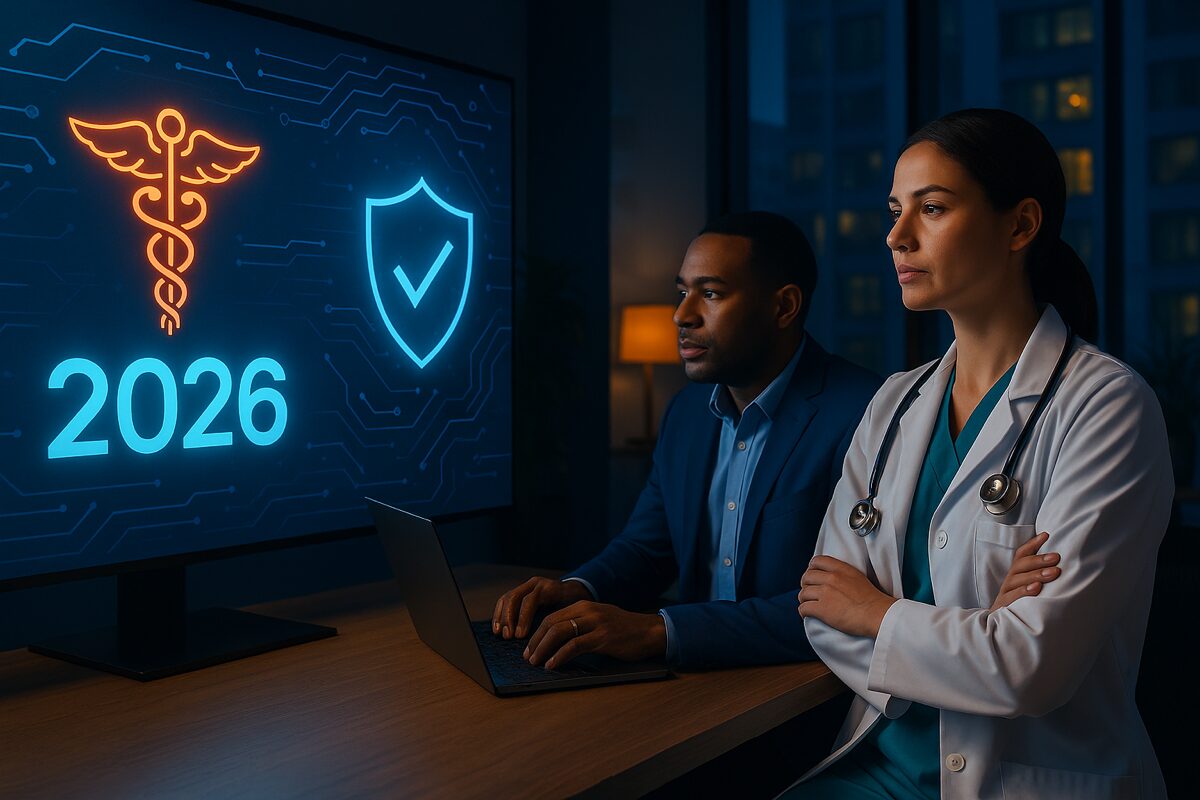This article will detail the cybersecurity risks for the automotive industry and why managed security services may be the right solution for your business.
Technology Advancements Have Caused Gaps
The automotive industry has been undergoing transformational changes over the past decade. New vehicles are increasingly being brought online and connected via smart technology to support electric vehicles, semi-autonomous driving, advanced driver-assist technology, and more. While the inclusion of advanced technology helps to improve the safety and convenience of the driving experience, the interconnected system also presents some potential cybersecurity threats that must be addressed.
Many auto manufacturers and companies are relying on managed security services providers (MSSP) to reduce the risk of intrusions, leverage their expertise, and lessen their reliance on in-house IT staff to address complex risks in the technological ecosystem. Managed security services help to minimize the risks inherent in advanced automotive technology and protect both the connected vehicles and their sensitive data. This can help build trust in automotive technology as more vehicle systems are brought online.
What are Managed Security Services?
Managed security services are offered by third-party providers to oversee and administer the cybersecurity processes of organizations. Managed security services providers typically offer services remotely through the cloud and offer a broad range of cybersecurity solutions, including everything from the installation of infrastructure, continuous management of the organization’s security posture, and responses to critical incidents. Some providers focus on specific areas while others allow full outsourcing of an organization’s data protection program.
Automotive organizations might opt to work with managed security services providers for any of the following reasons:
Benefits of Working With an MSSP
A major benefit of turning to managed security services is the access companies can obtain to additional staffing and the expertise providers offer in the IT security realm. Providers of managed security services can manage processes from the cloud so that organizations can continue their operations normally with minimal disruptions and intrusions. Through its interface, the MSSP can seamlessly provide reports to the organization while maintaining continuous communication support. These services ensure that the organization’s IT is always current with what is occurring with security maintenance, audits, and issues so that the company can focus on other tasks beyond administration.
Managed security services providers offer numerous services to the auto industry and allow them to fully outsource their programs or opt for specialized services to address a specific security component such as regulatory compliance, threat monitoring, incident response, audits, or data protection. Organizations that fully outsource their programs can benefit from lowered costs by not needing to maintain a full-time in-house IT department. Providers of managed security services also offer faster deployments and improve the organization’s return on investment for its cybersecurity initiatives.
For organizations to effectively safeguard connected vehicles and defend them against attacks, they must securely manage access for numerous authorized parties, including service providers, vehicle drivers, car manufacturers, insurance companies, and more. An MSSP can provide these types of functions to ensure the protection of every involved stakeholder.
Managed Security for the Automotive Industry
The automotive industry is complex and includes an increasing number of stakeholders in connected auto technology. This means that potential attack points have also multiplied and have revealed new vulnerabilities that can be exploited by bad actors to threaten data integrity, privacy, and vehicle safety.
In 2020, 91% of vehicles sold in the U.S. were connected. In Oct. 2022, Europol busted a car-hacking ring, recovering millions of dollars and arresting 31 people.
Cyber attacks have become increasingly common, and researchers have repeatedly demonstrated that they can access vehicle systems remotely and control them. As noted by the Washington Post, a disgruntled employee of a Texas company disabled 100 vehicles remotely in 2010. In 2015, researchers were able to remotely cut the brakes and transmission of a Jeep, which led to the recall of 1.4 million vehicles in the first cybersecurity-related recall in the U.S. These examples illustrate the importance of establishing a strong framework to protect against threats and comply with ever-changing regulations.
In 2020, the United Nations Economic Commission for Europe (UNECE) adopted WP.29, a forum to harmonize auto regulations in countries around the world. This regulation requires the integration of cybersecurity measures in vehicles and should help move the industry toward a better posture.
While stakeholders in the automotive industry are increasingly aware of the need to take proactive measures, some fail to implement strong security initiatives until they suffer losses caused by breaches. Cyber threats are rapidly growing in the industry, making it critical for organizations to prioritize security-related measures. Managed security services providers are a good solution.
With managed security services, enterprises benefit from ongoing oversight 24 hours per day. When an organization instead chooses to handle its threat monitoring and data protection with in-house staff, it will need to expend substantial sums for technology and labor to try to match what can be provided by an MSSP.
Cyber threats rapidly evolve and change. It can be difficult for an enterprise in the automotive industry to keep up with new and evolving threats. When incidents are detected too late, the losses can be significant and require substantial investments by the organization to recover.
MSSPs offer services around the world and focus on monitoring the entire landscape of cyber threats. By contrast, the core business function of automotive companies is unrelated to technology, meaning that a managed security services provider offers a distinct advantage over a company’s reliance on an in-house IT department. When an organization chooses to outsource its programs to an MSSP, it can focus on its business operations while leaving its security issues to experts. Since managed security continuously involves the testing of vulnerabilities and penetration, the performance of routine scans, and the management of other functions on the organization’s behalf, the company’s IT can instead focus on program oversight and other important functions needed to advance the company’s goals.
If you would like to learn more about managed security services for the automotive industry, contact us for more information. Learn more about the new FTC Safeguards Rules for auto dealerships and the extended deadline of June 9th, 2023!



